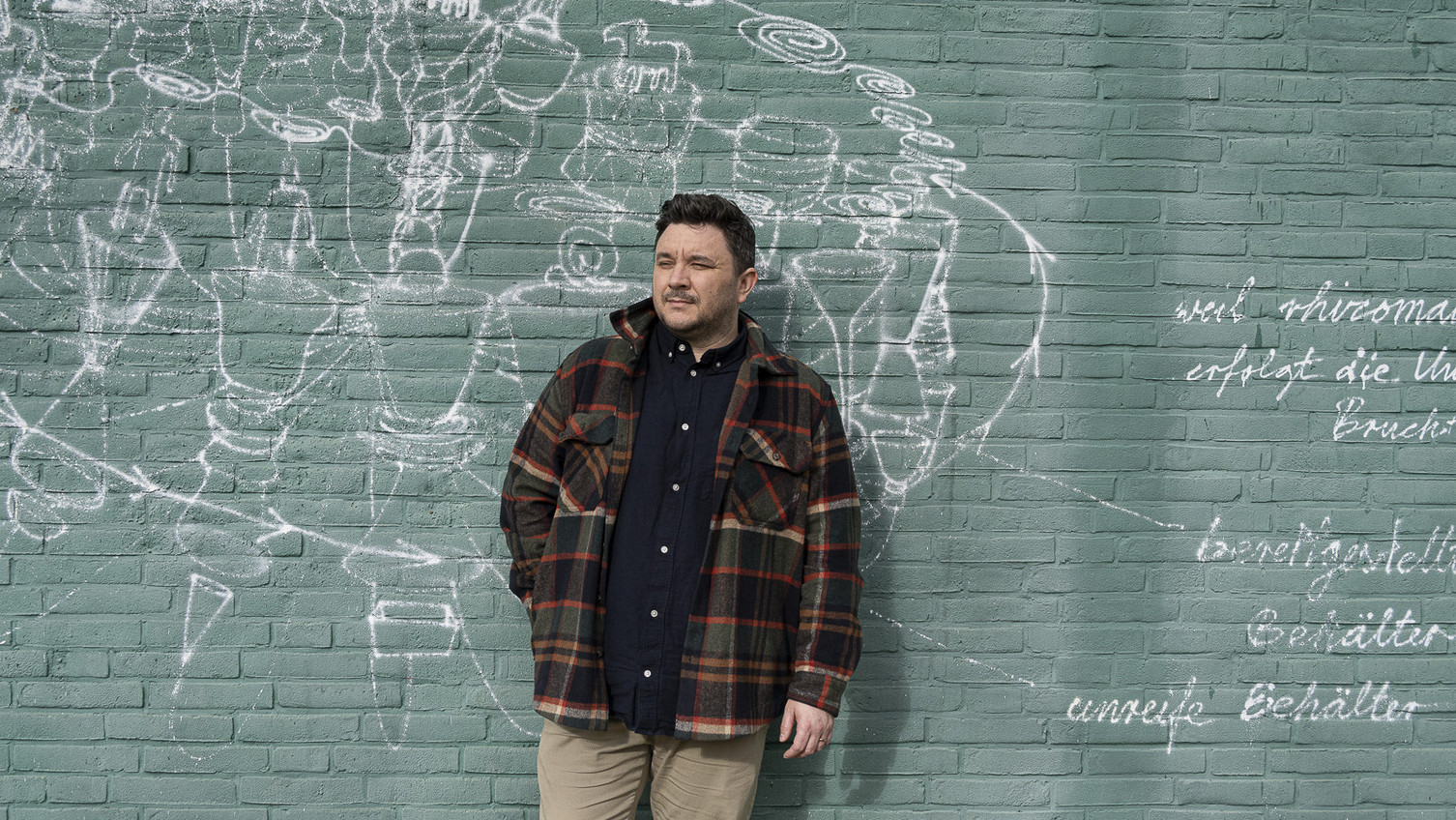Fellow 2024/25
Gary Hussey is a social theorist working on post-fundamentalist analyses of the spatial aspects of violence, such as in Northern Ireland in the 19th and 20th centuries. He completed his doctorate at the School of Political Science and Sociology at the National University of Ireland in Galway and conducts research on contemporary social, political and spatial theories. He analyses the dynamics of political polarisation, which often find expression in the spatial practices by which antagonistic political projects and identities are staged, reproduced and contested. Political discourses attempt to reshape social space in this way.
He is particularly interested in the development of a post-fundamentalist understanding of space that is suitable for understanding how the spatial dynamics of violence in divided societies unfold and operate in different international contexts. Methodologically, his research insists on the possibilities and complexity of archival work and qualitative approaches in epistemological, methodological and ethical terms. In his teaching on populism and authoritarianism, he examines longer historical periods to show how populism threatened democracies at different historical moments, while conversely, in its more egalitarian forms, it has proven to be a democratising force.
Abstract
Spatialising Antagonism: The materialities of political (de)polarisation in contemporary Budapest, Hungary
This project is a study of the relationships between space and the political in contemporary Budapest. Over the course the last decade, as Hungarian politics and society has undergone an ‘illiberal’ turn, this transition has been reflected in the city’s space. This political reconfiguration of space is evidenced at a variety of scales, from the intensely micro-quotidian level to more overtly ambitious architectural projects; From mandatory notices posted on bookshop doors alerting potential customers that, here, they will find texts of a ‘non-traditional’ nature (thus outside the bounds of ‘good society’), to the erection of statues that re-articulate a vision of Hungary’s history which legitimates the current regime.
All of which amounts to a complex constellation of material-discursive practices that re-shape the routines and spaces that constitute everyday life in Budapest. Yet, in so far as space is the product of power, these processes are highly contested because Budapest remains a largely liberal and cosmopolitan city. The project will examine how such processes are frustrated through other (spatial) practices, be these the creation of ‘free spaces’, re-claiming the streets through protest, or various communal projects. The study brings together two major currents within Political Discourse Theory, namely studies of populism and the development of a ‘post-foundational’ spatial analysis. In its focus on spatial practices, it contributes to populist studies, which largely tend to focus on political discourses (traditionally understood) and less so the material practices through which order becomes embedded and reproduced.
Education
PhD 2020 Political Science, Sociology, National University of Ireland, Galway
BA 2015 Political Science, Sociology, and History, National University of Ireland, Galway
Current Appointment
Irish Research Council Post-Doctoral Fellow, University College Dublin.
Most recent publications
“The Spatialisation of the Political Imagination: A Political Discourse Analysis of Space, Fantasy and Inter-communal Conflict in Derry City.” Critical Discourse Studies 20, no. 6 (2023): 602–617.
“Spatialising Antagonism: A Post-Foundational Analysis of the Spatial Dynamics of Violence in Nineteenth Century Derry.” Environment and Planning C: Politics and Space 40, no. 8 (2022): 1677–1692.
“Violence, Space, and the Political Logics of Territoriality: A Case of Peasant Resistance in Early-Nineteenth Century Ireland.” Distinktion: Journal of Social Theory 19, no. 3 (2018): 306–327.


